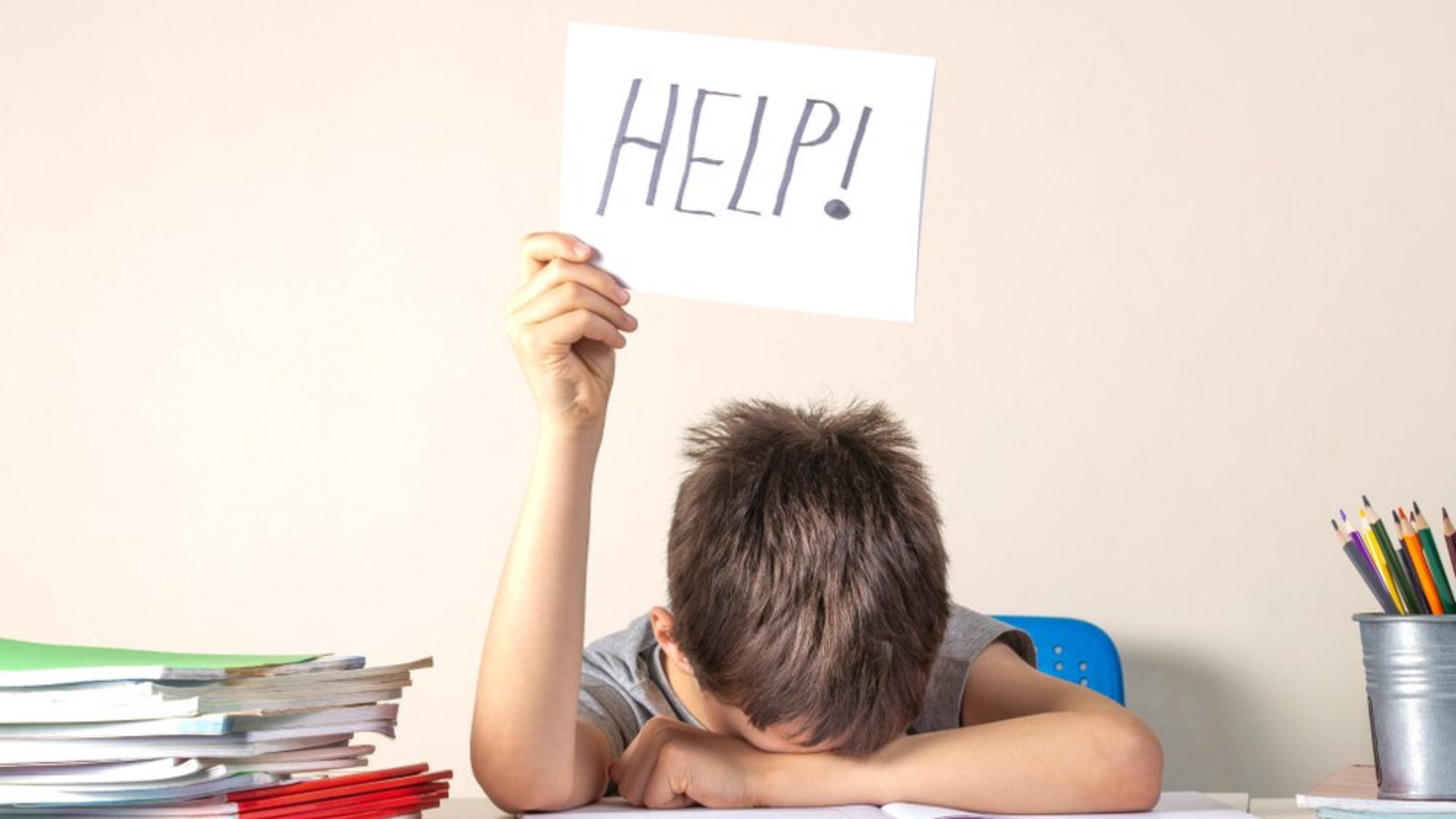Managing Pre-Holiday Academic Stress
How to Support Students Before the Winter Break
As the holiday season approaches, excitement for the winter holiday builds—but so does academic pressure for students. The weeks before the holiday break are filled with exams, deadlines, and projects, which can cause students to feel overwhelmed, anxious, and stressed. Recognising the effects of pre-holiday academic pressure is essential in offering support to help students succeed without becoming overwhelmed.
Why Academic Pressure Builds Before the Holidays
In the lead-up to Christmas break, students often face high stakes with exams, end-of-term projects, and preparation for the new term. Additionally, holiday preparations and personal responsibilities may compete for their attention, causing many to feel stretched thin. According to the American Psychological Association, over 60% of students report feeling stressed about their academic workloads, which can lead to symptoms of anxiety and reduced performance.
For students balancing academic demands with family or work obligations, this time of year can be particularly challenging. Understanding these stressors allows educators to tailor their approach to support students more effectively.
Recognising the Signs of Academic Stress
The pressure of academics before the holiday break can manifest in many ways, and not all students will openly communicate their struggles. Here are a few common signs that students may be feeling academic stress:
- Decreased Engagement or Attendance: Students may become less engaged, show a lack of participation, or even skip classes.
- Mood Changes: Academic stress can lead to irritability, frustration, or sudden mood swings.
- Behavior Changes: Students may exhibit changes in behavior such as increased withdrawal, uncharacteristic defiance, or unusual restlessness.
- Decline in Academic Performance: A drop in grades or incomplete assignments may indicate that students are struggling to keep up.
By being aware of these signs, teachers can provide timely support to students before the holiday stress becomes overwhelming.
Tips for Helping Students Manage Academic Pressure
As an educator, you can take practical steps to help students manage academic pressure during this busy season. Here are some effective strategies:
Teach How to Self Manage
Help students plan by breaking down large assignments into smaller, manageable steps. Providing a clear timeline for projects and exams can reduce feelings of being overwhelmed and help students focus on immediate tasks. When students see assignments in smaller segments, they can manage their time better, minimising stress. This approach is especially beneficial when used in combination with classroom tools, like study planners or goal-setting workshops.
Encourage Mindfulness and Relaxation Techniques
Incorporating mindfulness exercises into the classroom can provide a valuable break from the academic hustle. Studies show that mindfulness can significantly reduce stress and improve focus. Introducing short mindfulness practices, like deep breathing or stretching, can help students stay calm and focused, even as their workloads increase.
Provide Flexibility Where Possible
If feasible, consider allowing a little extra flexibility with deadlines. For example, offering students a few days’ grace for project submissions or giving options to complete certain assignments independently can be beneficial. This leniency can make students feel supported and give them room to manage their time better, ultimately reducing academic stress.
Build a Supportive Classroom Culture
Creating a classroom environment where students feel safe to discuss their challenges makes a big difference. Encourage open communication and check in with students who may be struggling. By normalising discussions around stress and mental health, you help students feel less isolated in their experiences, creating a more positive and inclusive environment.
How eQuoo Can Help Build Resilience
In addition to academic support, building resilience is crucial for managing stress, both in school and beyond. eQuoo offers a clinically-proven approach to mental health, teaching students skills to handle stress, communicate effectively, and improve emotional regulation. By introducing eQuoo as a classroom resource or encouraging students to explore it on their own, educators provide a valuable tool that can help reduce anxiety and improve mental well-being.
During times of heightened academic pressure, eQuoo’s interactive approach makes resilience-building accessible, empowering students with skills that help them thrive, even under stress.
Supporting Students Through the Holiday Season
Supporting students through the academic challenges of the holiday season can help reduce stress, boost their confidence, and build resilience. By recognising the signs of academic pressure, providing structured support, and introducing helpful tools like eQuoo, teachers can make a significant difference in students’ mental well-being.
Through simple adjustments and encouraging mental health resources, educational establishments can create a learning environment where students feel supported, empowered, and ready to face the holidays.
To find out more about eQuoo, get in touch using the form below to earn more about how we can support you.


